Before It's Too Late: Accessing Mental Health Support as an ADF Veteran

What You are Entitled to for Your Mental Health
Daniel Hunt (Anvil T&D Founder)
As a veteran, you’re entitled to a lot of mental health support, though much of it isn't advertised by DVA. This isn’t surprising, considering everything you don’t claim is money saved for them. For the crew at Anvil, we consider every resource spent on helping veterans to be well spent - so as a part of the effort to assist those currently serving and ex-servicemen and women with their wellbeing, we’ve put this guide together for those seeking free mental health consultation.
Should you talk to someone?
Chances are that if you’re looking at how to get help, then yes, you should. It’s a hard decision to make, and even harder to follow through on. Not because the action itself is difficult, but because you’re fighting potentially years worth of mental resilience, based on your ability to keep going and deal with anything that’s thrown at you. Remember that this is not an admission of weakness, it is an important positive step in building stronger foundations for your mental health.
Do you qualify?
If you have served any full time service within the ADF, even one day, then yes you qualify. Reservists who have served any previous full time service may also qualify. To directly quote DVA:
“This may be through prior service in the permanent forces of the ADF, or if you have been deployed on continuous full-time service, or if you have undertaken a continuous full-time service contract.
From 1 July 2018, if you are a Reservist without continuous full-time service you may still be eligible for mental health treatment under NLHC, provided you rendered Reserve Service Days with one of the following:
-
Disaster Relief Service (for example, Operation Vic Fire Assist)
-
Border Protection Service (for example, Operation RESOLUTE)
-
involvement in a serious service-related training accident”
Non-Liability Health Care (NLHC)
Non-Liability Health Care is the banner under which free mental health care falls. Basically, it outlines the conditions for which treatment is available.. Here’s the link to DVA’s NLHC page: https://www.dva.gov.au/health-and-wellbeing/mental-health/non-liability-health-care
On that page, you’ll find information on eligibility, the application process and how you can receive the treatment.
We recommend that you read the ‘How Do I Apply?’ section and see the available options. If you are a current or ex-serving member then the DVA will use MyService for online applications.
MyService
MyService is the online space where you can apply for free mental health treatment, White Cards and view any current claims, among other things.

MyService is accessible through the DVA home page (www.dva.gov.au), simply by selecting ‘MyService’ in the Online Services area.

You’ll either have to register or sign in with a myGov account. To make the process as efficient as possible for yourself, make sure you have one form of proof of identity prepared.
White Card
Your White Card works similarly to a Medicare card. It allows you to access free treatment for any condition DVA has already accepted liability for on your card.

A physical copy of the card will be sent to you with an expected wait time of three weeks, however - I've never seen anyone actually receive it within a month. Fortunately, whilst you’re waiting for this to arrive - the digital version on MyService works just as well. The File No. on your card is what you will need to provide, it will be ‘QSM’ followed by some numbers (eg. QSM12345).
Before using the card, check with the healthcare practitioner you’re planning on going to, to see if they accept DVA Health Cards. Whilst most practitioners should, it may save you some hassle if you contact them ahead of time - in the event that practitioner doesn’t see them very often.

Who do you talk to?
Your options here are broad. Choosing a mental health professional is a personal decision that you should put a little research into. Your mental health is very personal, so finding the right fit for what you need is important. This professional may be someone that you share your deepest thoughts with and may see you in your most vulnerable form, so while they are all qualified - they’re also human beings. Some may be better able to relate and understand your experiences, purely based on their background or who their other clients might be. You may have personal differences with a psychologist that get in the way of your ability to open up to them. You may do a single session with one psychologist and realise that they aren’t for you, and that’s okay. Don’t be afraid of looking for someone better suited for yourself, it’s not an uncommon thing.
Finding a psych that is familiar with veterans can be a good starting point if you’re unsure of even where to begin. The DVA have options listed on their mental health page: https://www.dva.gov.au/health-and-wellbeing/mental-health

The long haul
Don’t define yourself by the times where you feel at your lowest. Taking active steps towards your personal well-being is the first and biggest step. It won’t change overnight, but it will get better. Don’t be afraid to reach out a little.
Lifeline 24/7 Crisis Line - 13 11 14
Lifeline Textline - 0477 13 11 14
beyondblue - 1300 659 636
Open Arms - Veterans & Families Counselling - 1800 011 046
Defence Family Helpline - 1800 624 608
Help spread the information
Don’t be shy to tell others about what’s available to them. Sharing information and your experience can be a way of connecting with others, and developing a positive support network.
Remember to ask your friends how they’re doing and don’t be afraid to tell them if you’re having a hard time. Your immediate support network is one of the most important things you have access to, 24/7.
About Us
Anvil Training and Development is a group of Australian veterans who care about the physical and mental health of veterans and emergency service workers. We’re passionate about ongoing education and working with others to implement positive change.
Instagram: Anvil Training & Development - @anvil.td
Facebook: Anvil Training & Development - @anvil.td
www.anviltd.com
(Article Edited, Proof Read, and Fact-Checked by Charlotte Officer)
VES Mental Health Resources: https://anviltd.com/pages/ves-australian-mental-health-resources
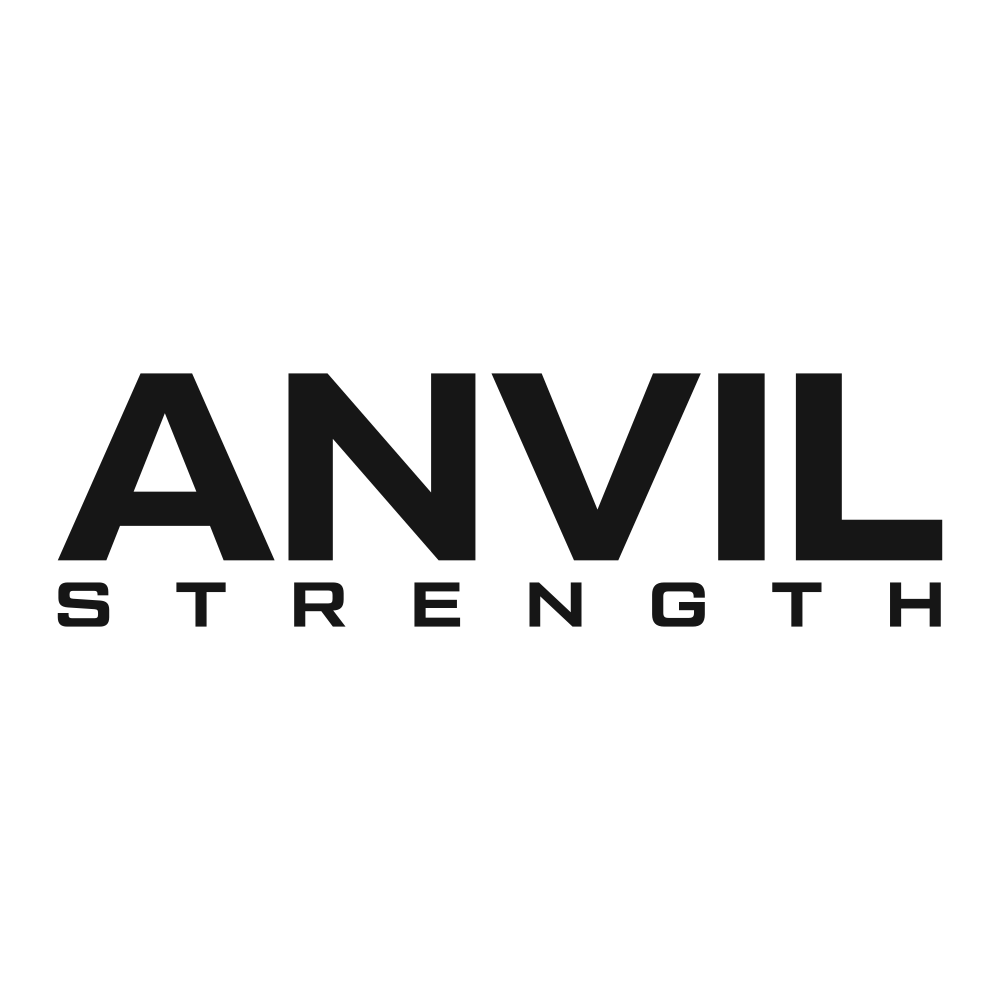
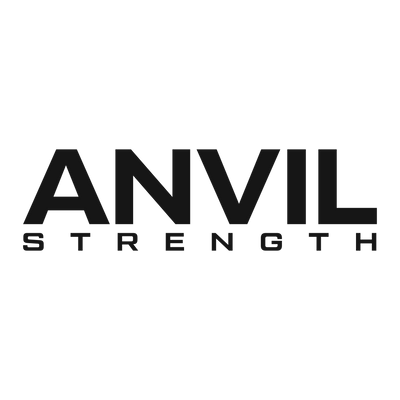




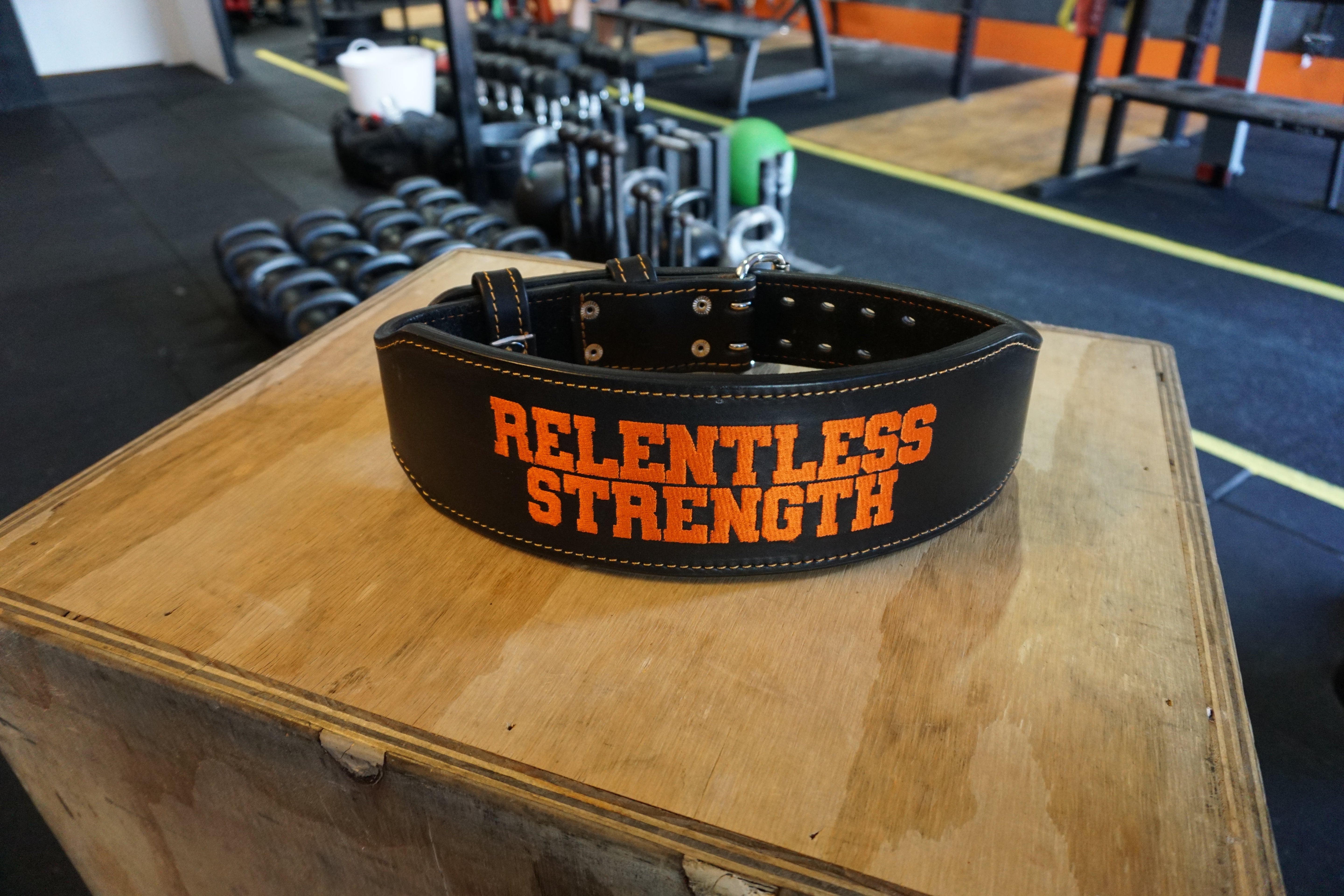
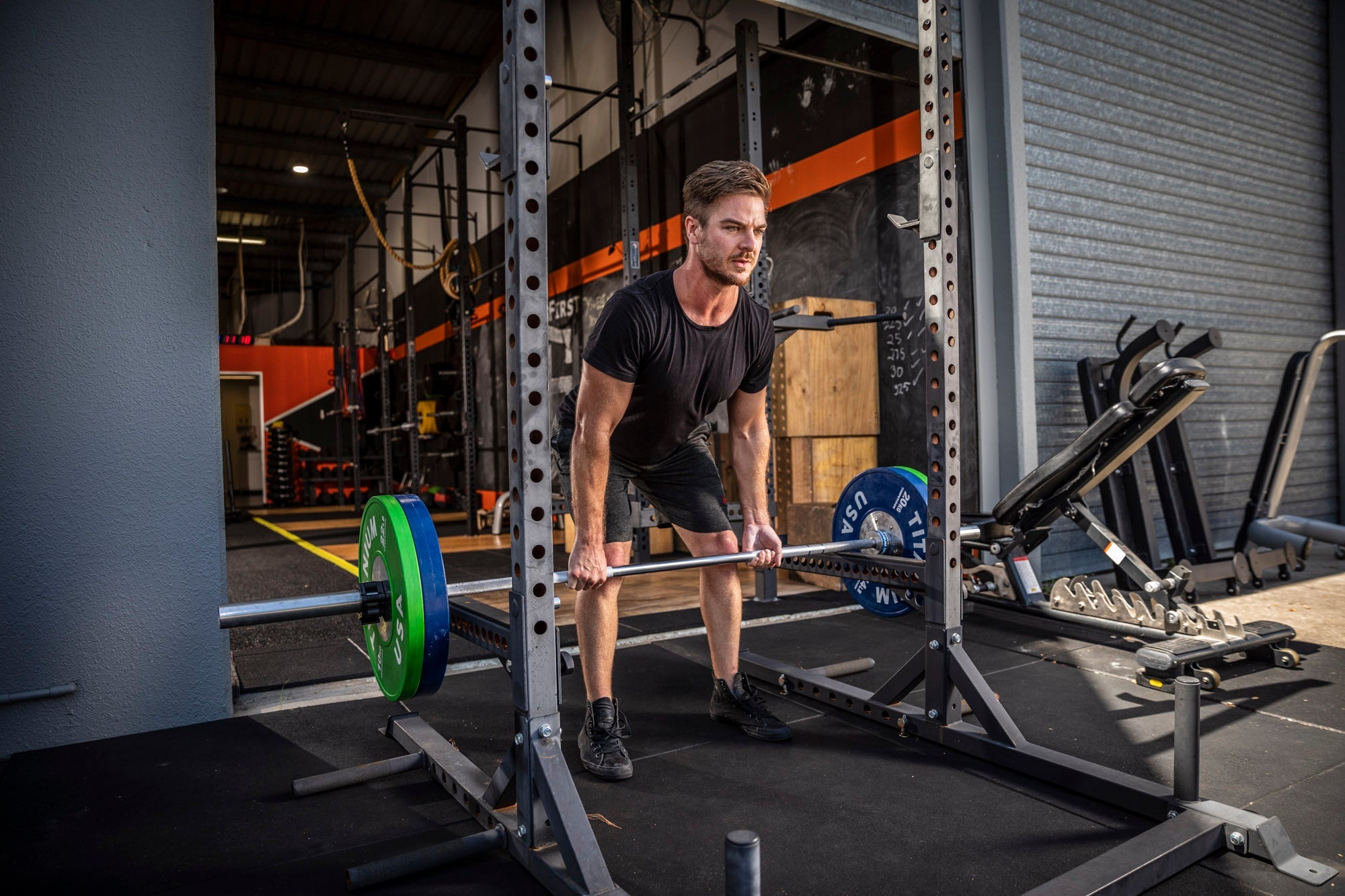
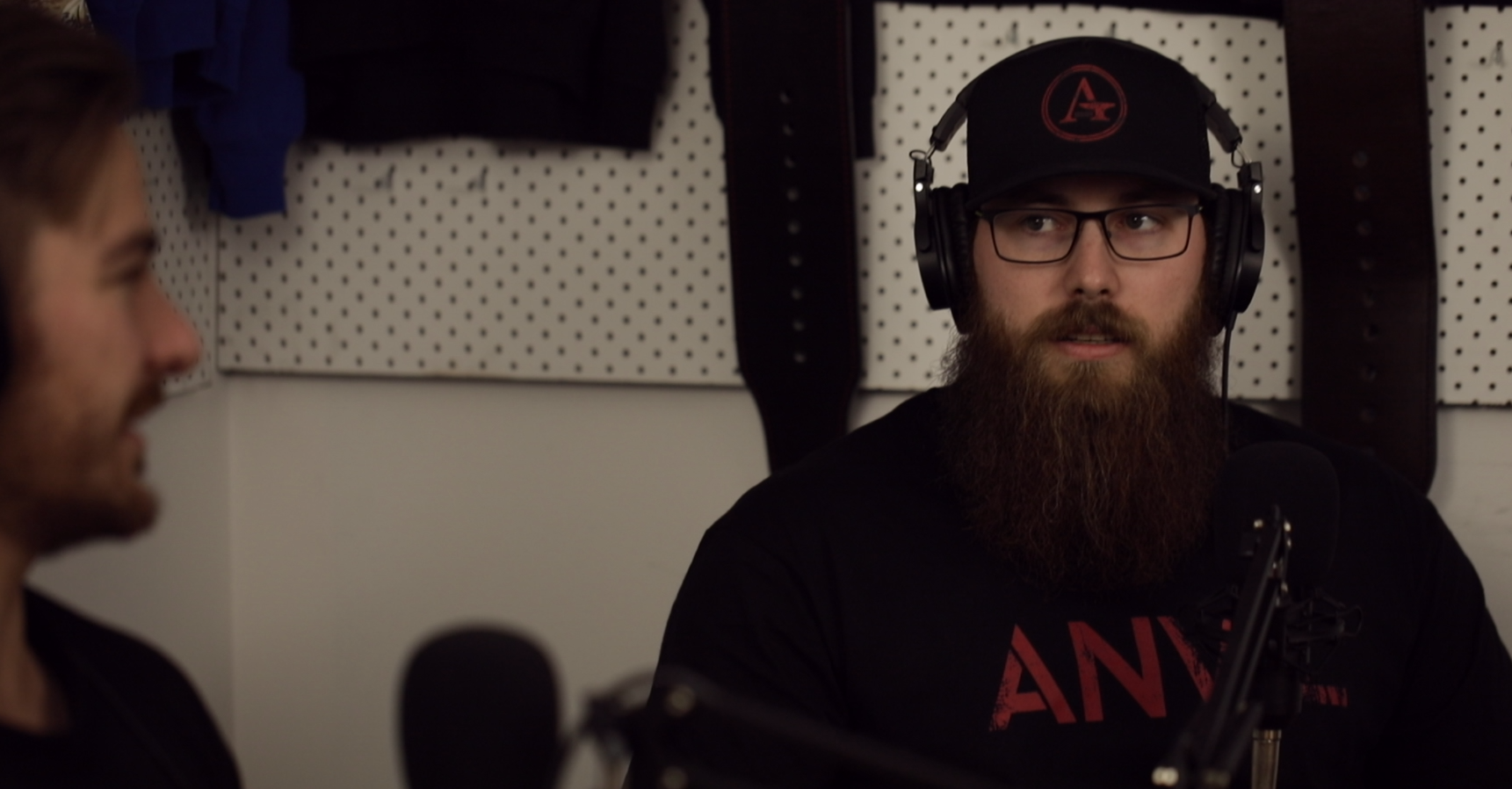
Leave a comment